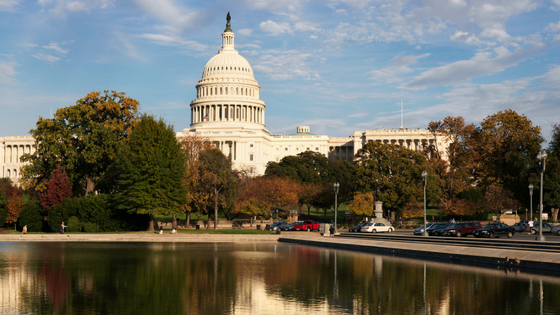A bill has been introduced in the House of Representatives that would establish minimum standards for federal financial eligibility programs, prohibit medical bill interest charges for people who are living below 250% of the federal poverty level and prohibit hospitals from sending debts owed by those individuals to collection agencies, and create a grant program through the Department of Health and Human Services for outside organizations to identify eligible individuals with medical debt and work with hospitals to forgive the debt.
The full text of H.R. 9129, called the Patient Debt Relief Act, which was introduced last week by Rep. Gabe Vazquez [D-N.M.], is not yet available, and the Congressman did not include a copy of the text in a press release announcing the bill’s introduction.
The bill would authorize a group called Undue Medical Debt, which was formerly known as RIP Medical Debt, to purchase debt at a rate of $1 for every $100 of medical debt owed. The bill would authorize $100 million to be spent purchasing medical debt, which would allow the group to buy $10 billion of unpaid debts.
The Department of Health and Human Services would also be tasked with conducting random audits of hospitals to ensure compliance with the provisions of the bill.
“Suffering from a medical emergency should not mean putting your home or family’s future at risk – but too often, New Mexicans are faced with significant medical debt that threatens their financial stability. My bill will protect patients and ensure that debt collectors cannot foreclosure on homes simply because of medical debt,” said Rep. Vasquez in a statement. “The Patient Debt Relief Act will provide relief to those suffering from medical debt while ensuring long-term protections for patients in New Mexico and across the country.”








